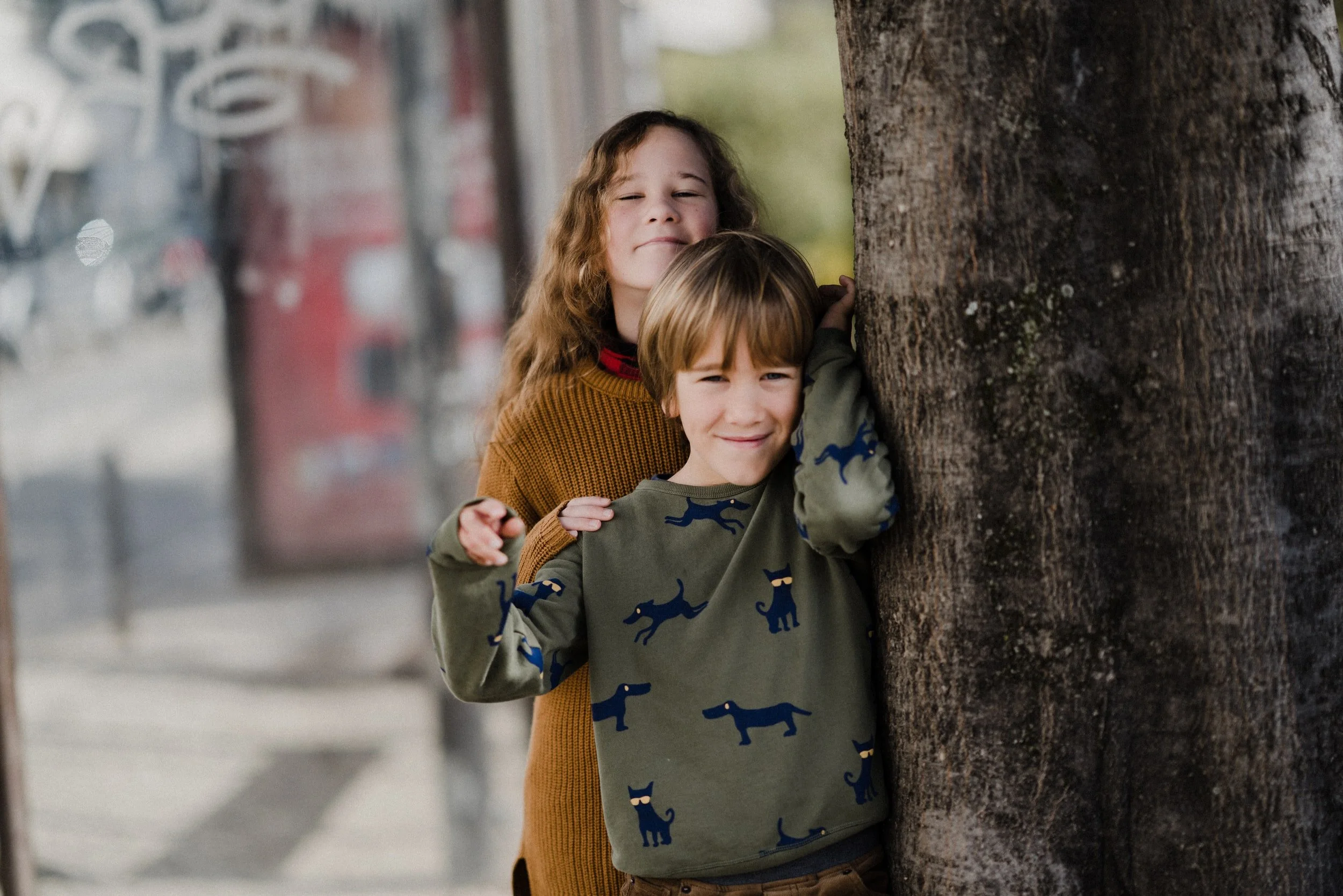
Who we support
Our team supports babies, children and teenagers of all abilities and their families.
Our mission is to help children of all ages and abilities to move and play to the best of their ability, and to empower parents to do what is best for their child.
Some children require supports for a short time, during which they make the progress and can move on to living life to their full potential. Other children require support throughout their life for specific needs related to their condition or disability.
Conduct a comprehensive assessment of your child’s strengths and needs
Collaborate with you to set meaningful goals and develop a therapy plan that will you’re your child to work towards their goals.
Provide you with information and strategies to better understand how you can support your child at home or other settings
Provide expert therapy to build your child’s development and skills
Provide recommendations about modifying your child’s environment to better support participation
Provide and trial equipment and tools to enhance everyday life
Regardless of your child’s age or abilities, our therapists will:
Provide your with the knowledge, skills and support to empower you to confidently manage your child’s needs and everyday life, so you can get on with living your best life with your child and family
Provide education and strategies to other people involved in your child’s care to ensure your child is receiving the same opportunities to develop across all environments such as daycare, school, their favourite sport, or the general community.
Age Groups
Early Childhood
(0-7 years)
Children
(7-12 years)
Teenagers
(12-16 years)
-
You are concerned about your child’s early developmental milestones, such as their gross motor, fine motor, speech and language, feeding, social or behavioural skills.
Your baby feels ‘floppy or ‘stiff’ to hold
You are a new parent and would like help with helping your baby learn to move and play and communicate
Your baby has a flat spot on the back of their head, or they always lie with their head turned to one side
You are concerned about the alignment, shape or position of your baby’s or child’s back, feet, knees, or legs
Your toddler or child walks on their toes most of the time
Your baby was born prematurely, and you would like some support to optimize their development
Your toddler is having difficulty learning or participating in early daily living skills like dressing, toileting, self-feeding, and following routines.
Your baby or toddler has a diagnosed neurological, neurodevelopmental, neuromuscular, or genetic condition. This may include (but is not limited to): Cerebral Palsy, Stroke, Brain Injury, Austism/ASD, Down Syndrome, Usher Syndrome, Koolen De Vries Syndrome, Duchenne Muscular Dystrophy, congenital cardiac condition, Mitochondrial disorders, or any other genetic condition or syndrome.
-
Some reasons you might seek the help of our team during childhood (7-12 years):
Your child seems to have poor posture, clumsiness, frequent trips or falls, poor balance and/or coordination
Your child is having difficult with daily activities such as bathing, dressing, mealtimes, feeding, following routines, or preparing food
Your child is not keeping up with their peers or siblings, at home or at school
You are concerned about your child’s behaviour impacting on their relationships, and on their participation at home or at school
Your child has difficulty making or keeping friends
Your child is having difficulty following instructions, following routines, or recognizing letters/numbers/shapes/emotions
Your child complains of pain in their joints or muscles
Your child has knocked knees, bowed legs, or walks with their toes turned inwards (pigeon-toed)
Your child walks on their toes most of the time
Your child needs rehabilitation following an injury, fracture, surgery or a rehabilitation procedure such as Botox injections
Your child has juvenile arthritis, or has haemophilia and has had a joint or muscle bleed, and needs treatment to regain movement and strength
Your child has a diagnosed neurological, neurodevelopmental, neuromuscular or genetic condition. This may include (but is not limited to): Cerebral Palsy, Stroke, Brain Injury, Austism/ASD, Down Syndrome, Usher Syndrome, Koolen De Vries Syndrome, Duchenne Muscular Dystrophy, congenital cardiac condition, Mitochondrial disorders, or any other genetic condition or syndrome, and this is impacting on their development and participation in daily activities.
-
Some reasons you might seek the help of our team during your child’s teenage years (13-16 years):
Your teenager seems to have poor posture, clumsiness, frequent trips or falls, poor balance and/or coordination
Your teenager is having difficult with daily activities such as bathing, dressing, mealtimes, eating or drinking, cooking, preparing food, personal hygiene
Your teenager is having difficulties making or keeping friends
Your teenager is having difficulties with their social skills or behaviour
Your teenager is going through a growth spurt, which is impacting on their motor skills and self care skills
Your teenager requires intensive rehabilitation following an injury, surgery, or a rehabilitation procedure such as Botox injections
Your child has juvenile arthritis, or has haemophilia and has had a joint or muscle bleed, and needs treatment to regain movement and strength
Your child has a diagnosed neurological, neurodevelopmental, neuromuscular or genetic condition. This may include (but is not limited to): Cerebral Palsy, Stroke, Brain Injury, Austism/ASD, Down Syndrome, Usher Syndrome, Koolen De Vries Syndrome, Duchenne Muscular Dystrophy, congenital cardiac condition, Mitochondrial disorders, or any other genetic condition or syndrome, and this is impacting on their development and participation in daily activities.







